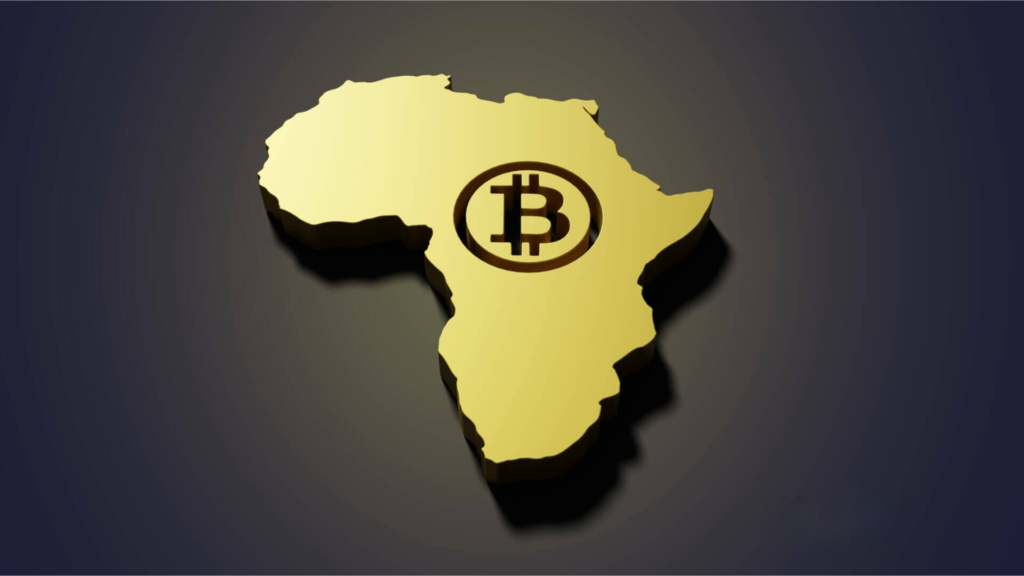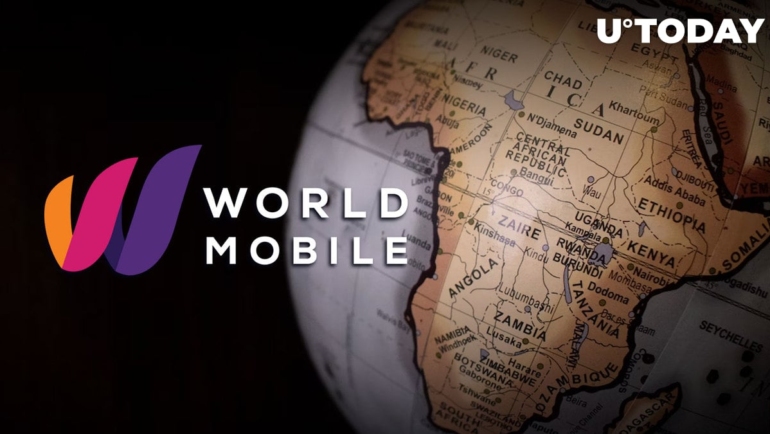
Crypto zakat picks up speed with new service in Malaysia.
KUALA LUMPUR – Last Ramadan, Adam Mashrique had few alternatives when he set out to make a portion of his zakat donation in bitcoin for the first time.The Kuala Lumpur-based blockchain engineer observed that more organizations were opening cryptocurrency accounts, but that few donation systems could accept methods of payment other than credit card and PayPal.Sensing an opportunity, he decided to help Malaysian peer-to-peer fundraisers get the tools they need to accept bitcoin donations online this year. Due to this, he provided advice to the Islamic social finance portal GlobalSadaqah, which launched its first cryptocurrency service last week.Many people wish to pay their zakat in bitcoin, but many more are unaware that they should if they’ve held it for more than a year.
“Whoever purchased bitcoin four years ago will suddenly be profitable, regardless of their holdings. Bitcoin should be used to pay Zakat on that.The amount of bitcoin and other cryptocurrencies held by Muslims is unknown, but it is estimated to be large and may possibly generate hundreds of millions of dollars in donations to charities in the form of sadaqah or zakat.
The extremely cautious estimate of the amount of bitcoin-related assets held this year that might qualify for zakat by GlobalSadaqah is $200 million. It based its assertion on the $160.4 billion estimated global market value of bitcoin, only 5% of which is held by Muslims.
However, a lot of indications point to cryptocurrency owners possibly delaying the 2.5% zakat donation of their assets. Among them include the absence of licensed international exchanges and the difficulty involved in converting bitcoin into fiat money.
According to Mohammed Alim, co-founder and chief product officer of GlobalSadaqah, “Adam told us he knew of donors who would like to pay their zakat in bitcoin but were unable to do so because they were not in Malaysia.”
Bitcoin must first be translated into fiat money in order to be given to charities.
This is accomplished by GlobalSadaqah through the Malaysian cryptocurrency exchange Sinegy, which is overseen by the Securities Commission of that nation.
“As a platform.
“It simple for us to accept bitcoin, convert it to ringgit, and distribute it to the recipients.
It’s more challenging for people to give using bitcoin in nations without regulated exchanges,” Mohammed Alim continued.
Adam used the first service of its sort, introduced in 2018 by Blossom Finance, to pay his zakat last year. The Indonesia-based start-up, best known for its blockchain sukuk, had begun taking payments in cryptocurrencies for zakat-eligible cryptocurrency assets in response to demand from its clients.


